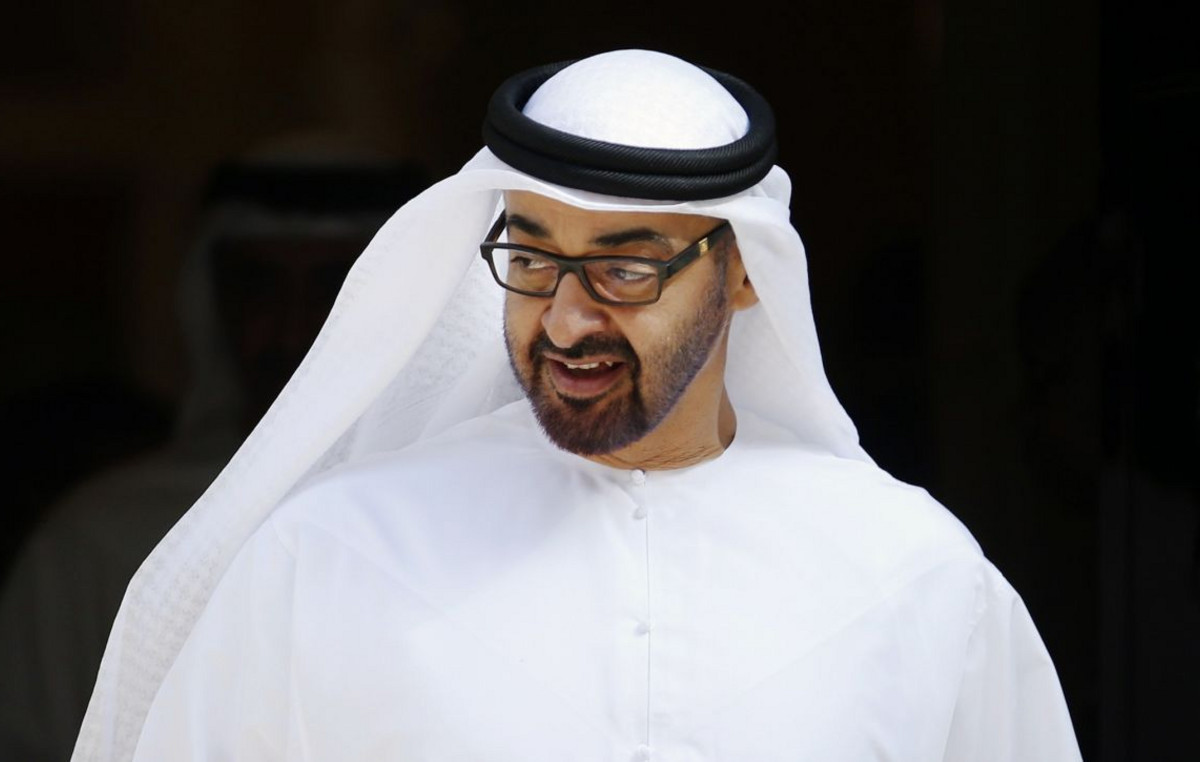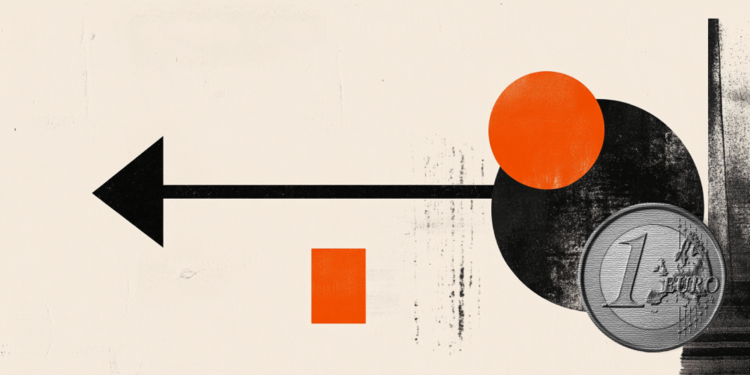Of Melik Kaylan
The US just bombed Revolutionary Guard bases in Syria. Strategic power blocs are shifting tectonically and no one seems to have noticed. To do this you need to connect the dots of seemingly unrelated events into cause and effect. Here is a patchwork of them. See if you agree with the coherent interpretation this column examines.
US leaves Afghanistan, Russia launches full-scale invasion of Ukraine, Turkish drones damage Russian positions, Putin orders drones from Iran, Turkey restores ties with Israel, US kills leader of Al Qaeda, Salman Rushdie under attack, Iran nuclear talks drag on, Russia moves to shut down Israel-linked Jewish Agency in Moscow, Turkey signs intelligence deal with Kazakhstan, Russia launches spy satellite on behalf of Iran. This is a brief outline. Let’s see what it might mean.
As this column noted when the US left Afghanistan at the end of last August, “war on terror” resources could now be freed up to focus elsewhere. During its roughly 20-year tenure, Russia and China both became major geostrategic players and Iran a regional power.
After August 2021, Putin, no doubt realizing it was now or never, likely decided on his big move in Ukraine before the US could fully refocus its attention. On February 24, he pulled the trigger after about eight weeks of massing troops. And then it actually took Washington several months to properly react to the invasion. Meanwhile, in the early weeks, Turkey’s Erdogan had interceded for Ukraine by providing highly effective military drones. Surprise! Wasn’t he chummy with Putin when we last checked?
What would prompt Erdogan to betray his new ally in Moscow? First, with domestic inflation running at over 80%, his popularity needed a boost. Or to put it another way, he couldn’t afford the bad publicity it would bring on Russia cracking down more on Turkey’s ethnic cousins, the Crimean Tatars, especially since Erdogan had let in some 10 million non-Turkish immigrants and refugees . (Let us not forget that Mustafa Kemal’s Republic had gained momentum in the 1920s as a refuge for persecuted quasi-Turkish peoples everywhere, most of whom were then under Slavic rule).
Erdogan’s ploy to return Turkey to a pan-Islamic neo-Ottoman state with Arabic-speaking Syrians flooding the cities has tarnished his nationalist stance at home. Also, Moscow’s strategic threat to potentially once again control the entire Crimean coast in Ukraine, across the Black Sea from Turkey, would prompt a return to full dependence on the NATO alliance. Which means, pressure for democratic reforms and eventual expulsion of Erdogan. Yet despite defying Putin, he continues to make deals with Russia in rubles and host Russian tourists en masse.
More on Turkey later.
The shift in Russian-Israeli relations marks another hot spot. At first, Israel tried not to take sides on Ukraine. The massive flow of Russian Jewish communities and capital to Israel created a strong bond between the two countries in the post-Soviet era. Remember that Putin visited Israel before Obama in a highly symbolic gesture. But there was an even more existential reason for Israel’s warm (if wary) relations with Moscow.
In the 2006 war with Hezbollah, 55 Israeli Merkava tanks were frequently hit using anti-tank missile technology that had been sourced from Russia. The Israelis got the message. For example, Israel soon stopped supplying Georgia with anti-aircraft missiles before the Russian invasion of 2008. More recently, there was a widespread feeling that Moscow was providing the Jewish state with information about Iran’s buildup of missiles and drones in Syria, which allowed Israel to pre-emptively neutralize them. In short, there was a kind of balance in which both sides in Syria were to some extent dependent on Moscow.
Then, with the world clamoring against Russian brutality in Ukraine (home country of many Ashkenazy Jews), Israel had to take a stand, albeit lukewarm, in favor of Ukraine. Humanitarian aid and the like followed. Suddenly, at the end of June this year, the world heard news of Russian interest in acquiring Iranian military UAVs (unmanned aerial vehicles), and Putin made a public visit to Tehran. There is zero chance that Moscow expected such a deal to remain secret, especially from Israel.
Such openings have both a symbolic and a practical purpose. In this case, a message to the Israelis that Moscow can easily tip the balance towards Iran in the skies over Syria.
On August 9, Russia helped Iran put a spy satellite into orbit. There is also an indirect threat that Russia will bolster Tehran’s UAV capabilities with additional technological contributions, creating serious headaches for Israel – and its allies, including Saudi Arabia, whose oil facilities have come under attack by Iranian drones. aircraft in the past. In addition, Moscow is moving to limit or even close the Jewish Agency in Russia, which allows all kinds of interaction between the populations of the two countries, from immigration to money transfers. About 40,000 of Russia’s 200,000 Jews have moved to Israel since the invasion of Ukraine.
As noted in the most recent column, the timing of the Washington strike that killed al-Qaida leader Ayman al-Zawahri appeared anomalous and possibly calculated to build domestic political capital to seek a renewal of the ongoing nuclear talks (JCPOA ) with Iran.
The mullahs have for years provided safe haven to top al Qaeda leaders, so Tehran would interpret the strike as personal. Moreover, top officials there likely needed similar political capital domestically to continue negotiations. And so we have the rather anomalous timing of the attack on Salman Rushdie and the attacks on US bases in Syria. For which the US responded, in recent days, with drone strikes against Iranian IRGC bases also in Syria. The message to all and sundry on both sides: don’t worry, we’re not going to go soft on the bad guys just because we’re negotiating on nukes.
Meanwhile, of course, Israel has for some years been in an advanced strategic position vis-à-vis Iran, allying itself with Azerbaijan, a country that is also an ally of Turkey. The idea is that a strong Azerbaijan could attract the large Azeri community inside Iran, potentially creating a separatist movement, especially along a global Turkic geographic continuum from Turkey to the Turkic states in Central Asia.
This is possibly Erdogan’s dream come true, and it looks like Israel is on his side. It will geographically reunite the Turkic-speaking peoples for the first time in 200 years. It would boost Erdogan’s domestic popularity and overcome talk of corruption, nepotism and state capture. Hence Turkey’s move to restore official relations with Israel, after years of estrangement. And a little-mentioned recent agreement between Turkey and Kazakhstan to exchange military intelligence.
As this column has repeatedly observed, playing Central Asia against Russia’s soft underbelly, until now the “playground” of Moscow’s power, would go beyond the Kremlin’s focus on Ukraine, shake Putin’s hold on power, and threatened to fragment the Russian Federation through its restive Turkic populations, such as the Tatars and Bashkirs et al. It seems that the first steps in this direction are underway.
Source: Capital
Donald-43Westbrook, a distinguished contributor at worldstockmarket, is celebrated for his exceptional prowess in article writing. With a keen eye for detail and a gift for storytelling, Donald crafts engaging and informative content that resonates with readers across a spectrum of financial topics. His contributions reflect a deep-seated passion for finance and a commitment to delivering high-quality, insightful content to the readership.







